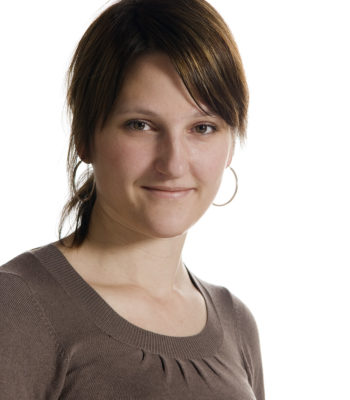WP4: Social Acceptability
Public opinion will play a key role in Norway’s bioeconomic transition as ultimately it is the public as consumers and citizens who provide the market and governance for bioeconomic development. A number of issues may guide the direction of transition. For example, consumer resistance to biotech is well known but (a) these opinions can change when evidence emerges of benefits to the environment or human health and, (b) opinions differ depending on the type of biotech concerned (Lusk et al., 2004; OECD, 2009). Furthermore, the public face ethical trade-offs in the development of the bioeconomy when it comes to shifting resource or land use from food production to other uses. Another issue is what kind of bioeconomy Norwegian citizens want. A technologically driven global and corporate bioeconomy outlined by the European Union (EC, 2005; 2012) might be combined with an eco-economy based on short production-consumption chains that capture local and regional value (Marsden, 2012).
Objectives: The objective of WP4 is to assess the role of societal acceptability in guiding the transition to a «smart» bioeconomy as envisioned by the bio-sectors in WP2a&b. What do the public want, how will it influence the choice of transition pathways and why?
Methods: Data will be gathered through a series of focus group interviews with lay people as citizens and consumers (9 focus groups; 6-9 participants in each group, three rural, three urban and there mixed). Focus groups, like other qualitative methods, enable us to investigate people’s opinions, understandings, preferences and concerns, and allow the exploration of not only what but also why people think as they do (Kitzinger and Barbour, 1999). In addition, by studying the groups’ discursive dynamics, it is possible understand how these arguments are constructed and contested. Focus group approaches are widely used for understanding social issues and have a well established methodology and validity that we will follow (e.g. Morgan, 1997). The interview schedule will ask questions based on input from WP2a, namely: what does the public think of the different bio-sector visions, technological paths and the trade-offs involved. In addition participants will discuss issues such as whether some biotechnologies are more acceptable than others (and why), ethical issues and trade-offs in bioeconomy development, public goods issues, and the social desirability of a bio- versus an eco-economy in Norway. Interviews will be, recorded, transcribed and analysed using NVIVO qualitative analysis software.
Output: An analysis of the role of social acceptability in guiding bioeconomic development in Norway.
WP leader: Maja Farstad, Ruralis
Additional participants: Ruralis. Professor May Thorseth.

